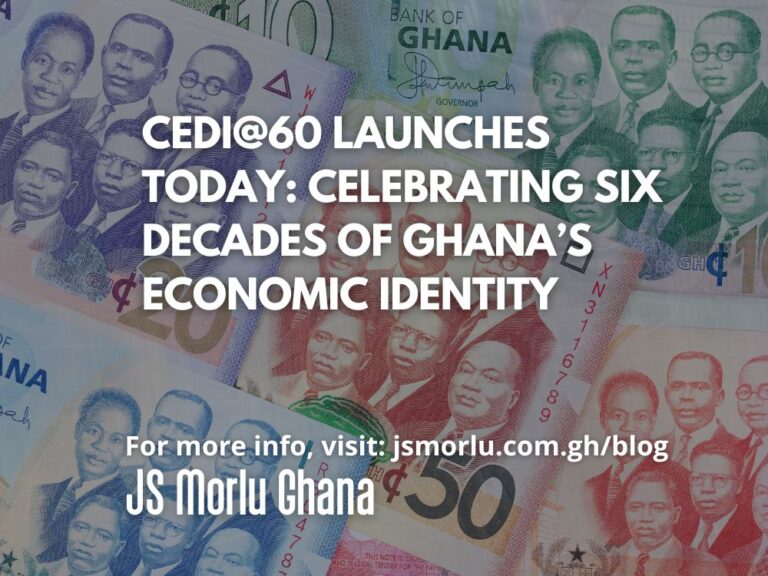
Cedi@60 Launches Today: Celebrating Six Decades of Ghana’s Economic Identity
Ghana celebrates 60 years of the Cedi—honoring sovereignty, stability, and economic resilience through history, innovation, and national pride.

Ghana celebrates 60 years of the Cedi—honoring sovereignty, stability, and economic resilience through history, innovation, and national pride.
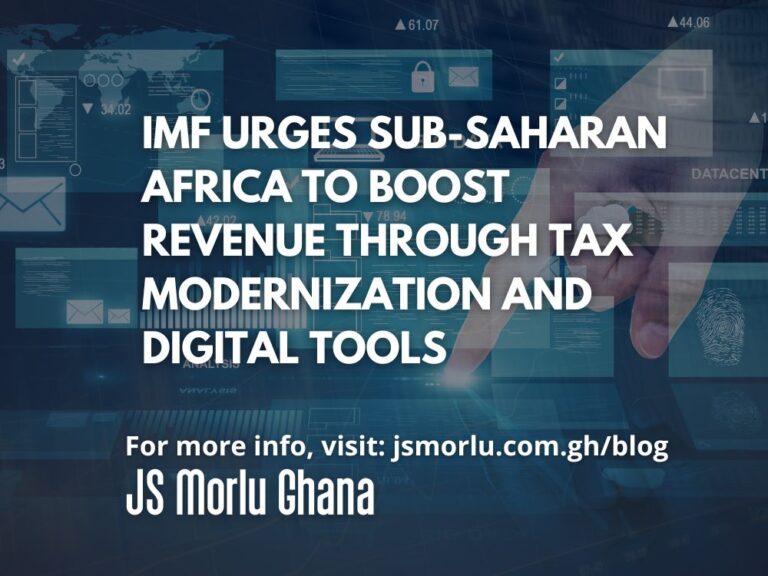
IMF urges Sub-Saharan Africa to modernize tax systems, close loopholes, and adopt digital tools to boost fair, sustainable revenue.

Bank of Ghana’s new push tackles dollarisation, boosts cedi adoption, strengthens monetary policy, restores confidence, and builds resilient, self-reliant growth.

Ghana pursues Public-Private Partnerships to close a $37 billion annual infrastructure gap and accelerate sustainable national development.

Ghana signals global investment readiness as President Mahama rings NASDAQ bell, unveiling reforms to attract billions in foreign investment.
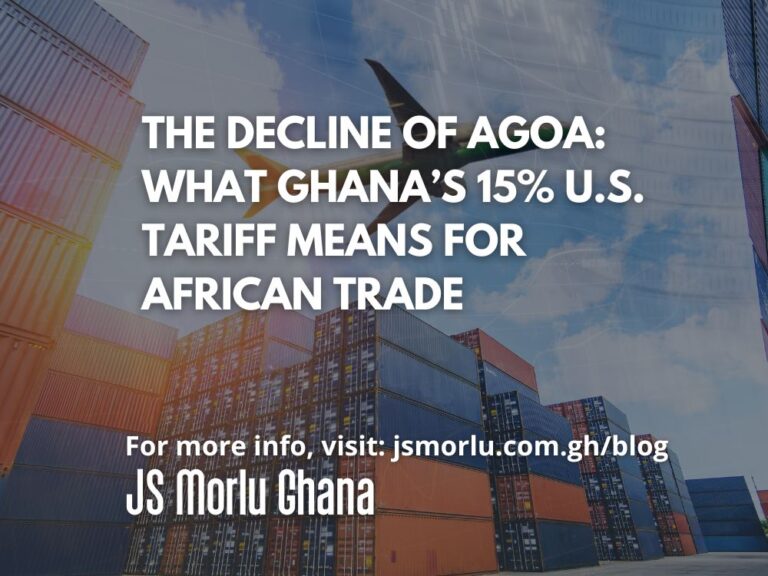
AGOA once bridged U.S.–Africa trade, but new tariffs threaten Ghana’s exports, raising costs, eroding competitiveness, and reshaping markets.

Ghana’s cedi faces market-driven adjustment as BoG withdraws forex support. Mahama stresses balance, stability, and tackling abusive currency practices.
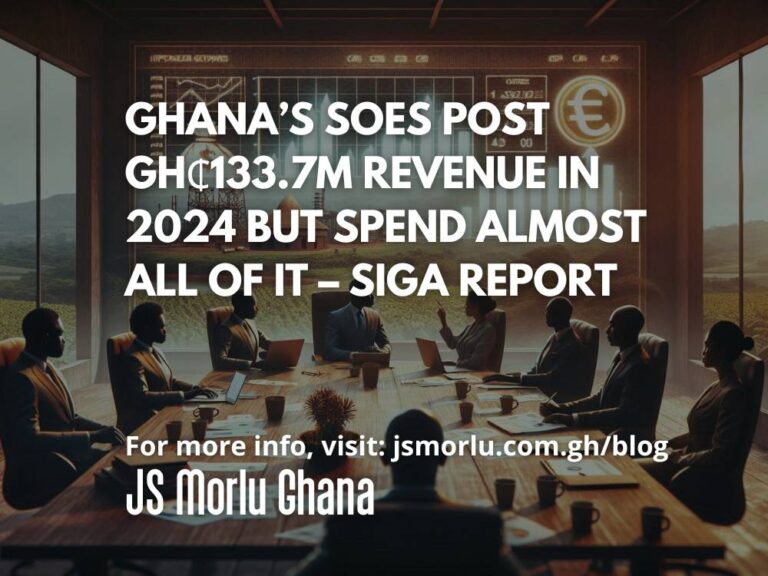
Ghana’s SOEs saw 28.3% revenue growth in 2024, but rising costs and cedi depreciation squeezed overall profitability.
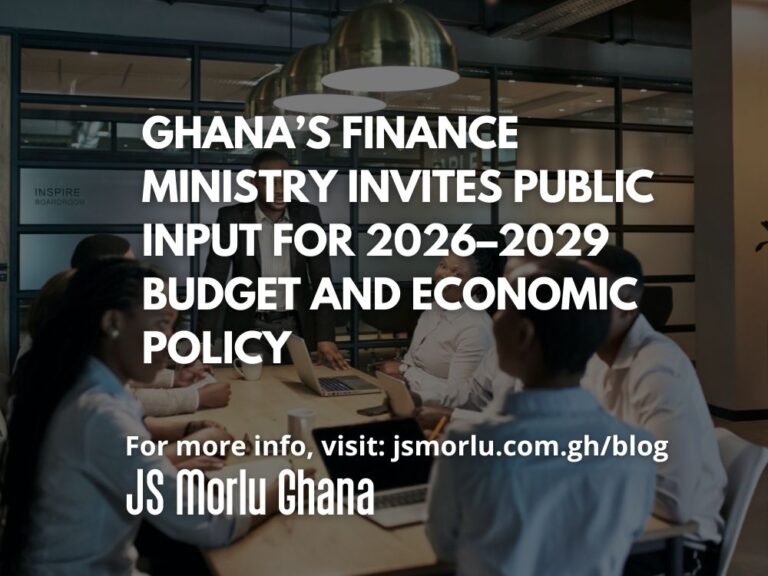
Ghana’s Ministry of Finance invites public input for the 2026–2029 Budget, ensuring inclusive policies reflect citizens’ needs.
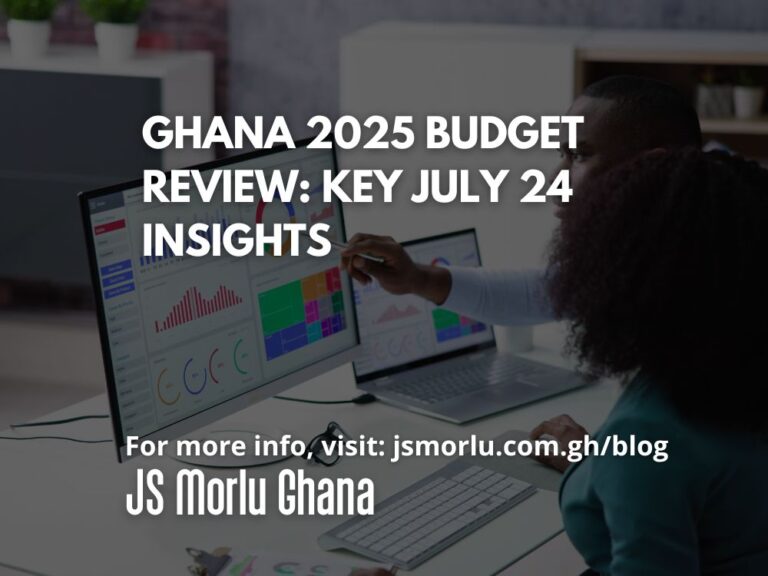
Ghana’s 2025 Mid-Year Budget Review will assess economic performance, revenue collection, expenditure adjustments, and fiscal health for stakeholders.
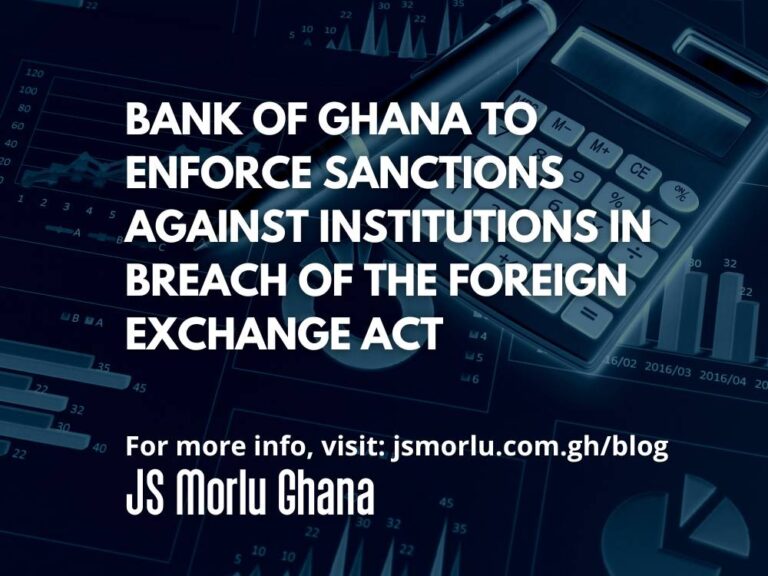
Bank of Ghana warns financial institutions of strict sanctions for foreign exchange and remittance violations under Act 723 and guidelines.
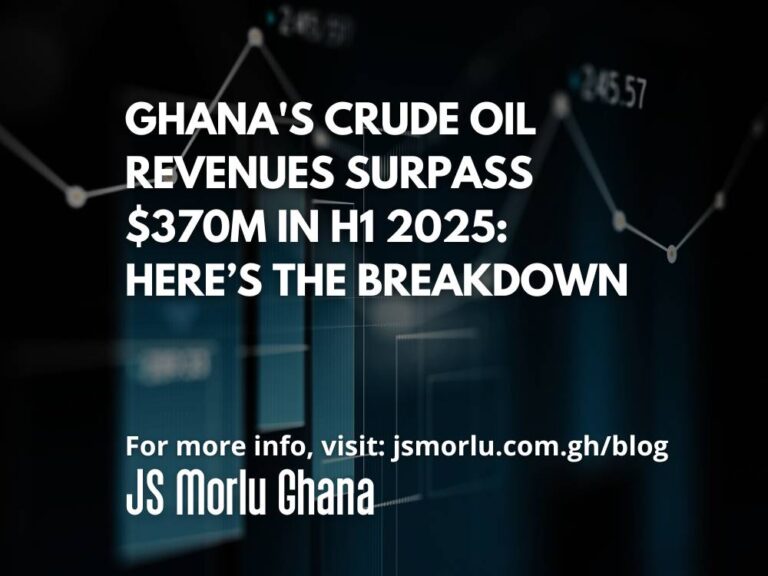
Ghana earned $370M from crude oil in H1 2025, reflecting strong petroleum revenues, tax gains, and growing investment funds.